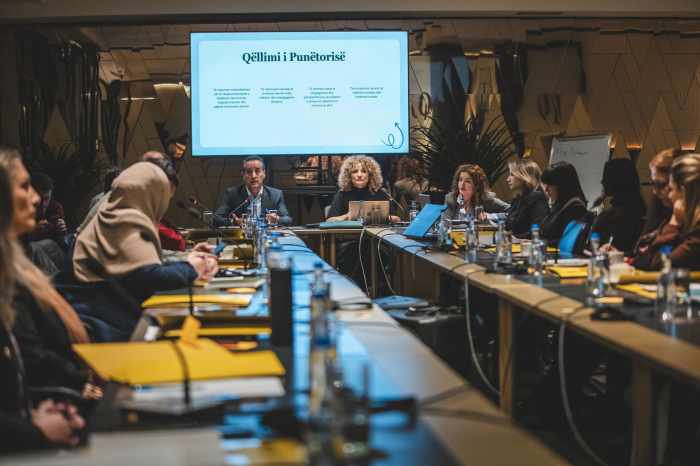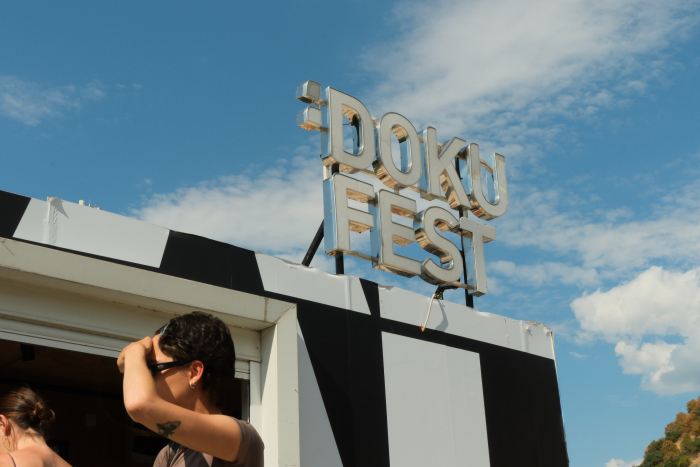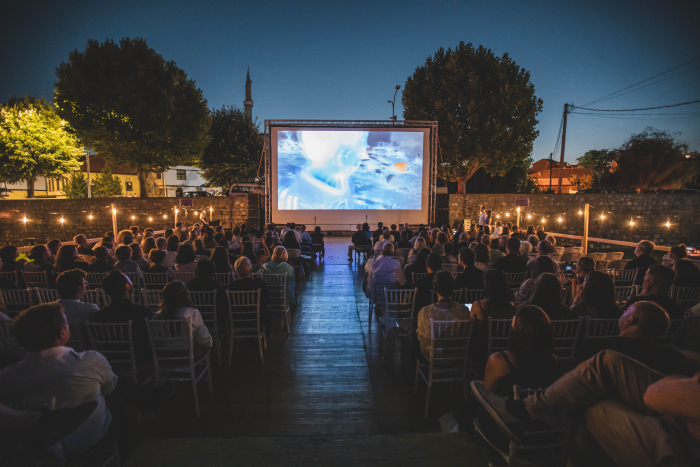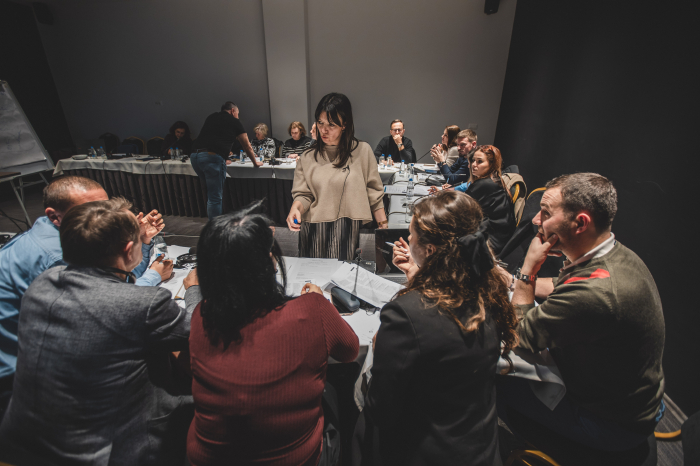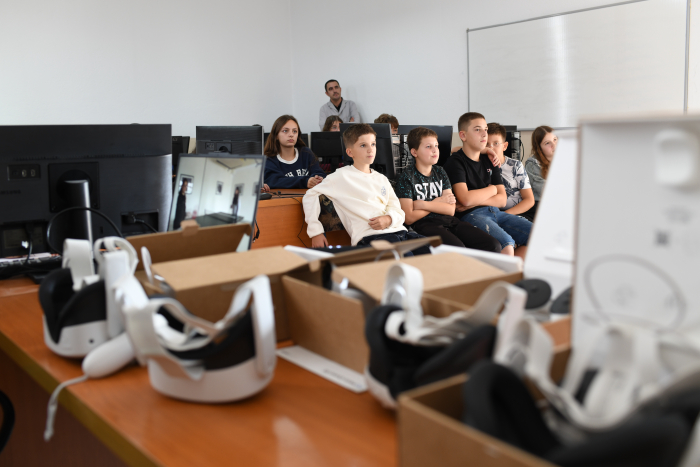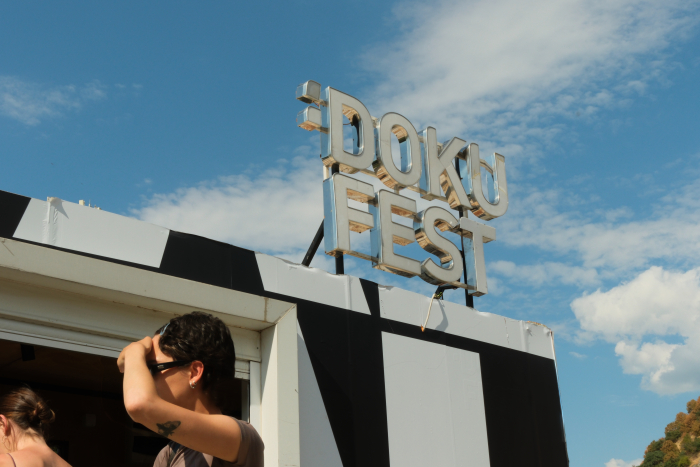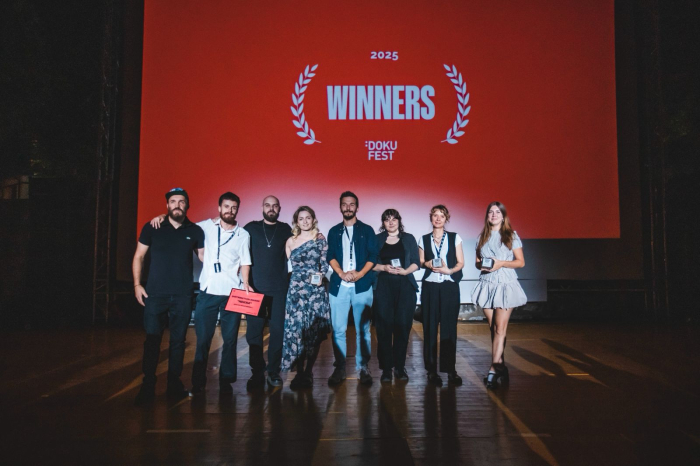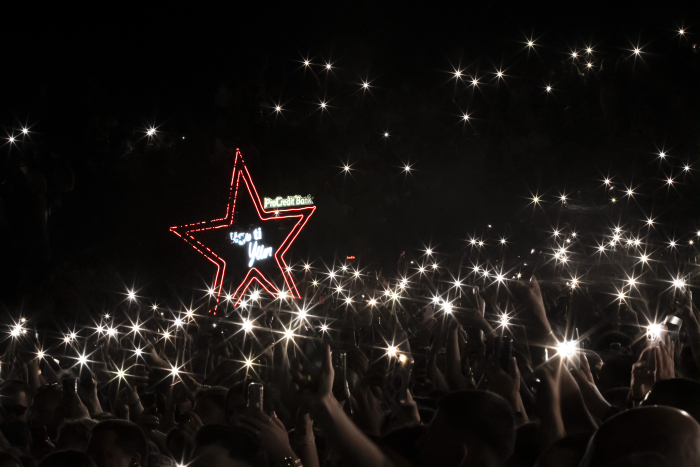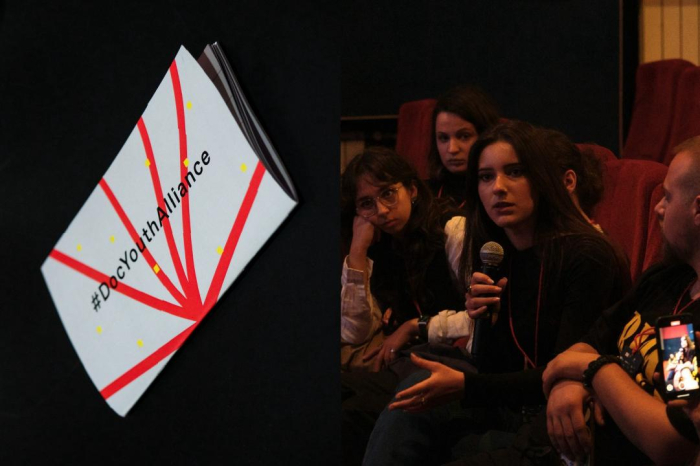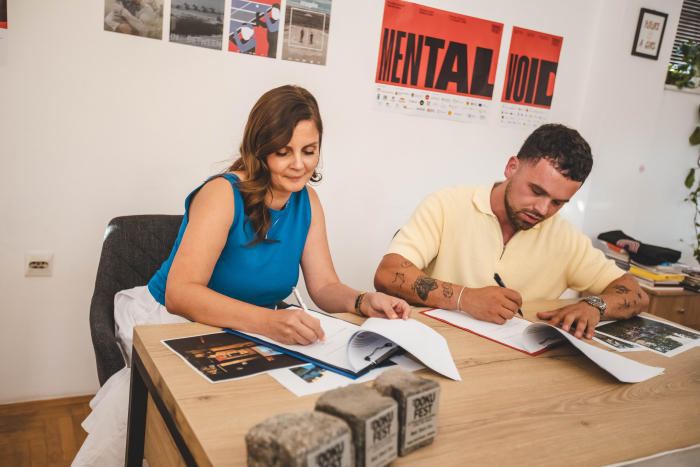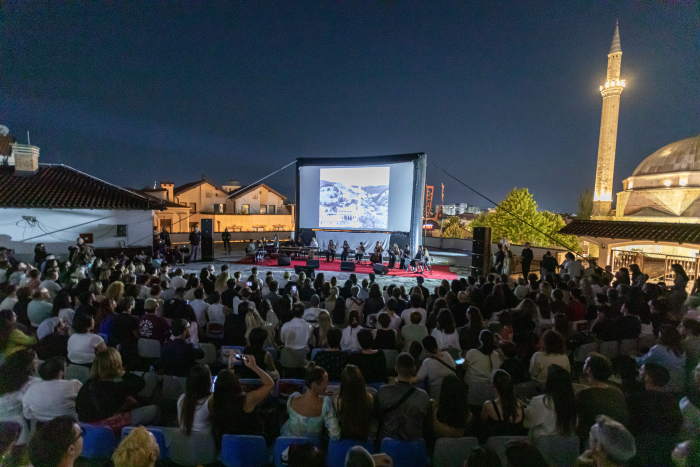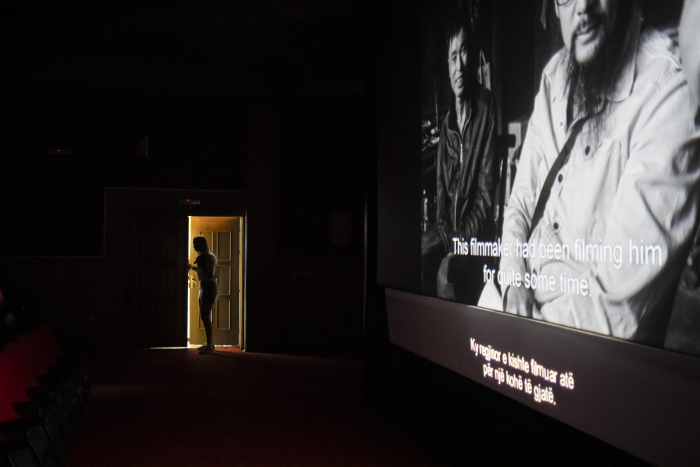August 7, 2019
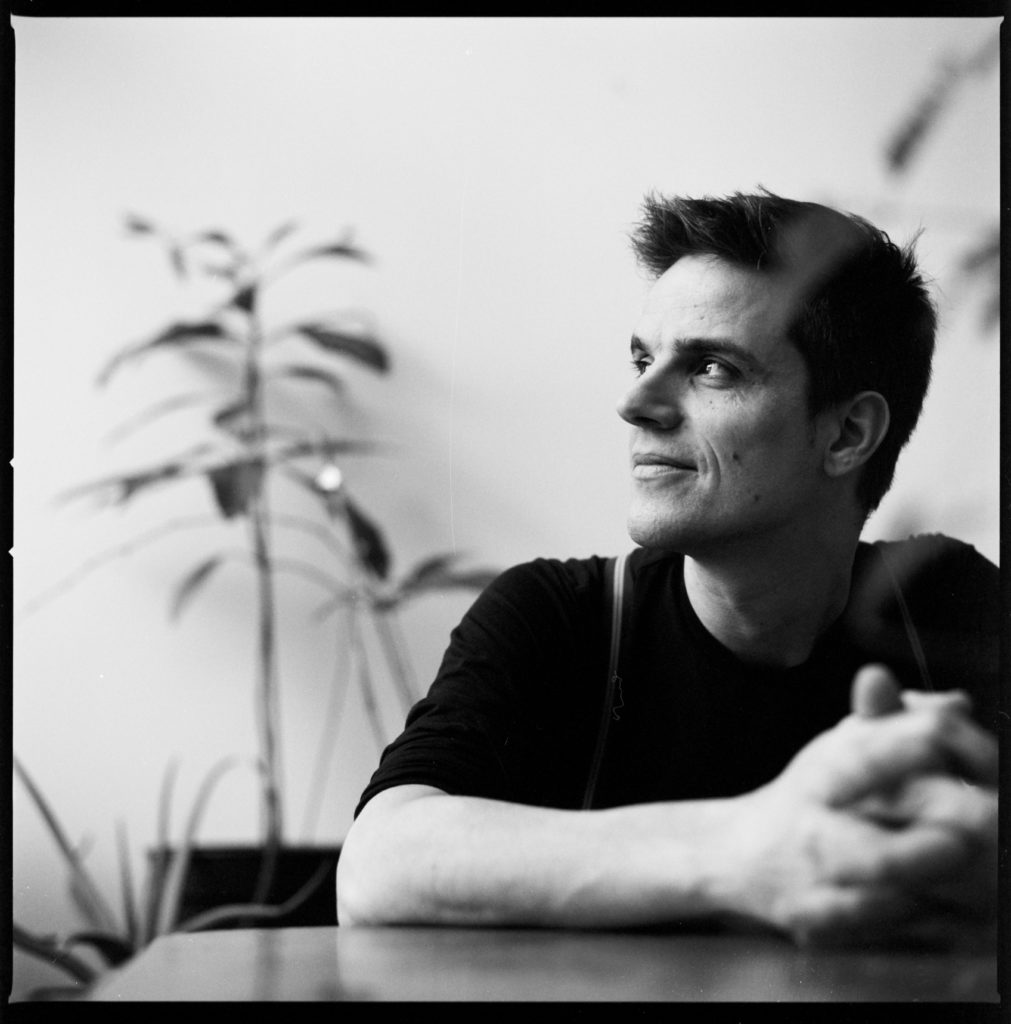
The latest release from Belgian director Kristof Bilsen, Mother (2019), is a character-driven observational documentary about Pomm, a Thai woman who takes care of Europeans with Alzheimer’s. What emerges is a broader picture of motherhood, and how care intersects with privilege.
DokuDaily: What kind of film did you want to make, going into the project, and how does that compare with the final cut?
Kristof Bilsen: I initially started by researching different methods of care, because, eventually, I lost my own mother. I started the filming process in 2016 and I was kind of looking into different methods of care because my mother was suffering from dementia. There’s this whole dilemma of how close you want to be, as a family. There’s the ideal of dropping everything and being there for your parents, right? But, it’s not always that straight forward.
No, you have jobs and rent to pay.
Exactly, all of these things. So, that brought me to the place and one of the first characters I met was Pomm.
It was in pursuit of your own mothers’ care, that you found Pomm?
Yes. Then simultaneously I was making the film, and more and more it became a film about motherhood. The film revolved around the story of Pomm and it made me realise how we become the parents of our own parents, in a way. Those roles start shifting. Meeting this new patient, Maya, was pure serendipity. Being a mother of three kids, and having to leave her children behind. Pomm, having to leave her kids to go to work. It all just came together, as a story. The fact that Pomm learns from Elisabeth, Elisabeth passes away. Maya comes, then there’s little Nadia at the end. All of these layers come together. To come back to your initial question, what emerged was a film about motherhood. In that sense, the mother is one woman. It’s Pomm, it’s Elisabeth, it’s Maya, it’s Nadia, they’re all different sides of the same character. To me.
What I really like about making documentaries is that the process sort of defines what the film will be. You might have your idea and your concept, but the more you go into this journey of making the film, the cinematic process defines what the film will be about. I really emphasize that. I think it’s really important to be humble to the process.
How did Maya interact with your camera? That would have been an alien object in her space, right?
Yes and no. It didn’t matter so much, to be really honest. This alienation can really shift from one moment to another. We kept the crew quite small, and spent quite a lot of time just being with Maya without a camera. The majority of the shooting would just be us at the swimming pool. Being with Maya. Walking with Maya, even feeding her. We would really take part in the process of care, because that’s the only way that you can get close to them. The alienation is really interesting thing, in terms of filmmaking, because it’s something that an audience will project onto a cinema screen as well.
Especially with a film like this, for people who either have or have had ageing parents, there’s a huge dialogue between what the screen is telling them and what they’re projecting unto the screen. How do you think your film plays into that narrative of care and the changing relationship of children and their parents as both move into old(er) age?
What I’ve noticed at our screenings, at Sheffield Doc/Fest and here, is that people will approach me with their own stories. There were three people in their 20’s who caught up with me today to talk. They saw it yesterday, but they were a bit shy. One of their brothers is disabled, so they really connected with the film and understood how you give care and how much you want to do it. How much your environment expects from you. Even Christian morality, on top of that, so it’s great to see that people automatically will start these kinds of conversations.
We see a lot of the patients in the film really struggle with communication. What does autonomy look like for an Alzheimer’s patient?
I think, just being. For me, that is a big sign of autonomy. Them being in that space, for example, there was a patient who used to be a car mechanic. He’s completely gone, but he’ll still be looking in his pockets for screws, looking for his toolbox. Their autonomy is them being who they are, now.
With Alzheimer’s, it’s a deterioration of the brain. Do you think it strips you down to a bare level of who you are? Given that all of your socially learned behaviours are gone? How does your identity change when you’re an Alzheimer’s patient?
You’re losing your speech, you’re losing your memory, everything sort of goes backwards. It’s almost like rewinding a cassette tape. They go back to infancy, like physically they move back into the capacities of a toddler and then start to huddle in the foetus position. Then they die, it’s almost like a quick rewind of life.
Like, The Curious Case of Benjamin Button (David Fincher, 2008)?
I think so, yes. They’re their bare selves. Gestures, laughter, intonation, Maya’s love of Abba, all of those things are very true to herself and she holds onto that even as her condition worsens.
FINAL SCREENING, today, 08 Aug, 12:00, Lumbardhi Indoor
Kristof Bilsen will be present for post-film Q&A.
